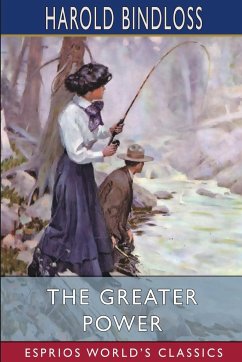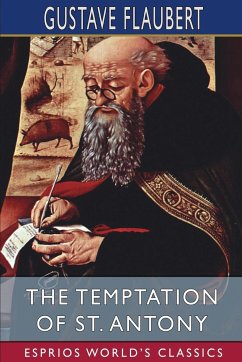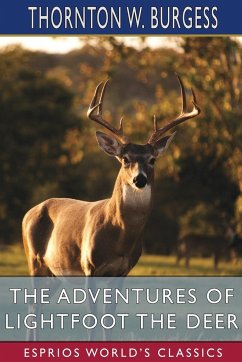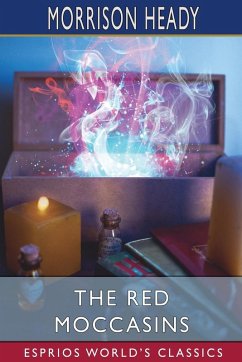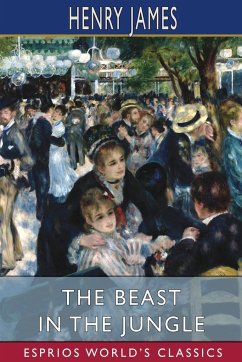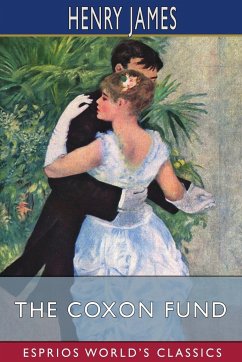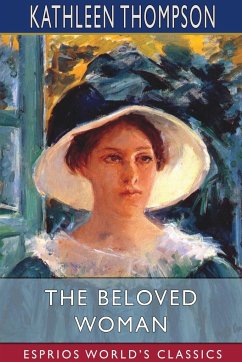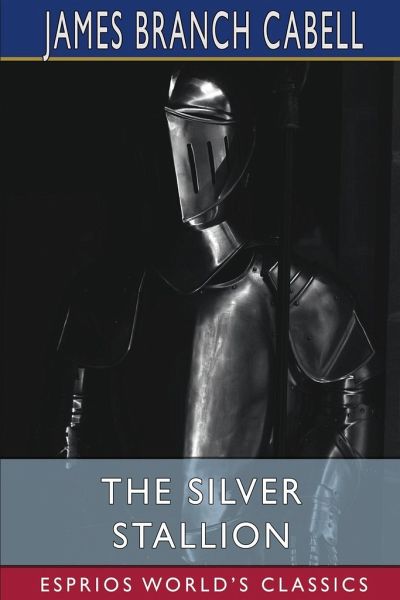
The Silver Stallion (Esprios Classics)
A Comedy of Redemption
Versandkostenfrei!
Versandfertig in 1-2 Wochen
22,99 €
inkl. MwSt.
Weitere Ausgaben:

PAYBACK Punkte
11 °P sammeln!
James Branch Cabell (1879-1958) was an American author of fantasy fiction and belles lettres. He worked from 1898 to 1900 as a newpaper reporter in New York City, but returned to Richmond in 1901, where he worked several months on the staff of the Richmond News. In 1902, seven of his first stories appeared in national magazines and over the next decade he wrote many short stories and articles, contributing to nationally published magazines including Harper's Monthly Magazine and The Saturday Evening Post, as well as carrying out extensive research on his family's genealogy. In the early 1920s ...
James Branch Cabell (1879-1958) was an American author of fantasy fiction and belles lettres. He worked from 1898 to 1900 as a newpaper reporter in New York City, but returned to Richmond in 1901, where he worked several months on the staff of the Richmond News. In 1902, seven of his first stories appeared in national magazines and over the next decade he wrote many short stories and articles, contributing to nationally published magazines including Harper's Monthly Magazine and The Saturday Evening Post, as well as carrying out extensive research on his family's genealogy. In the early 1920s he became the leader of a group of writers known as "The James Branch Cabell School", which included such figures as H. L. Mencken, Carl Van Vechten and Elinor Wylie.



